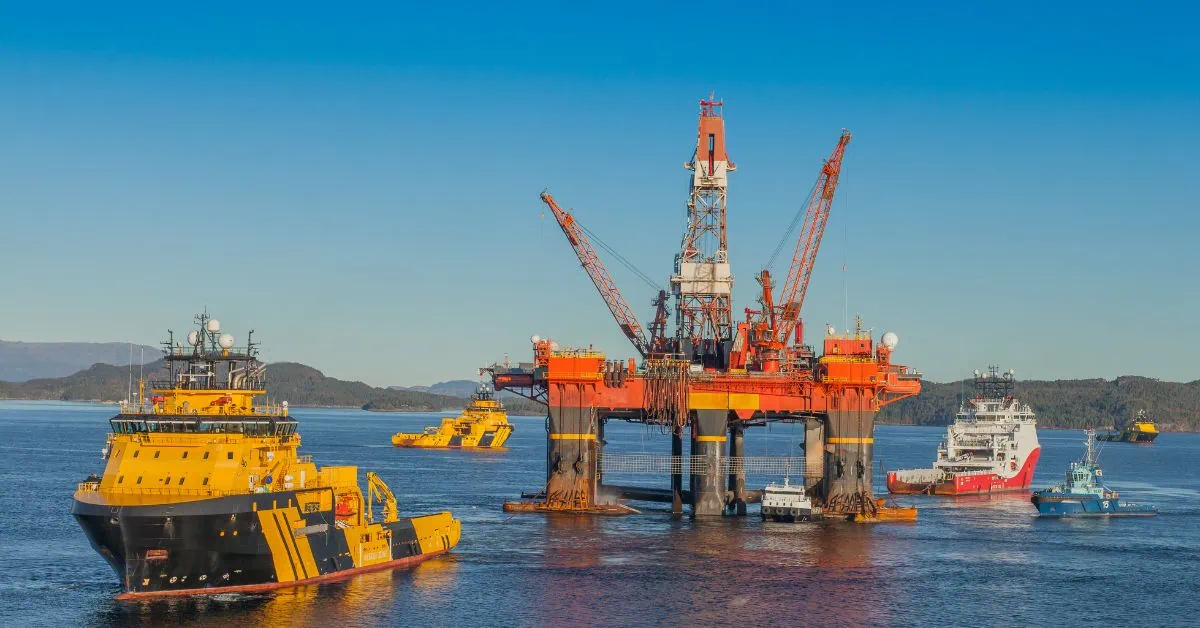So you want to go offshore, but the work intimidates you? Offshore jobs in the oil and gas industry are getting a lot of attention, understandably so. They offer high salaries and unique experiences, drawing in job seekers, career starters, and individuals looking for new opportunities.
But before you turn down an offer or pack your bags, it’s important to weigh the realities and challenges of working offshore. Here, we discuss a few things to consider before taking an offshore job, from the nature of the environment to the safety demands.
Explore the Nature of Offshore Work, First
Offshore jobs often involve working on oil rigs or platforms located miles and miles away from the mainland. The work schedule is usually rotational, such as two weeks on and two weeks off.
These arrangements typically allow workers to spend quality time with family between shifts. However, adapting to long periods away from home can be tough—especially if you have a family, further impacting personal life and mental health. It’s important to understand that balance is critical for anyone considering such a role.
You Must Stay Safe and Healthy Offshore
Safety first! The oil and gas industry follows strict safety protocols to keep workers safe and protected. New hires receive thorough training to prepare them for potential hazards.
Despite these measures, concerns about health risks exist, especially with prolonged exposure to harsh conditions. Offshore workers must be ready to stay fit and mentally strong, as the environment is demanding—physically and mentally.
Financial and Career Benefits of Offshore Work
High salaries and tax incentives make offshore diversity inclusion positions financially attractive. Many workers find themselves earning significantly more than they would onshore.
This extra income allows for more financial security and better planning for the future. Additionally, career growth opportunities abound, with the chance to gain valuable skills and advance within the industry. However, transitioning between onshore and offshore work requires thoughtful financial planning and careful consideration of familial gains or losses.
Separate Fact From Fiction
People often misinterpret offshore work as an easy ticket to wealth, but this myth needs debunking. While the pay is often substantial, the job demands hard work, resilience, and adaptability.
Real-life stories from workers highlight the rewards and the challenges, which provides a balanced perspective. Thorough research and advice from industry professionals can separate myths about the oil and gas industry from reality, providing a clearer picture of what to expect.
Considering an offshore job requires thoughtful deliberation. You must balance the allure of high pay and adventure with the potential challenges to your personal life and health. Take the time to evaluate the pros and cons, ensuring that all decisions align with your personal career goals and lifestyle preferences.




